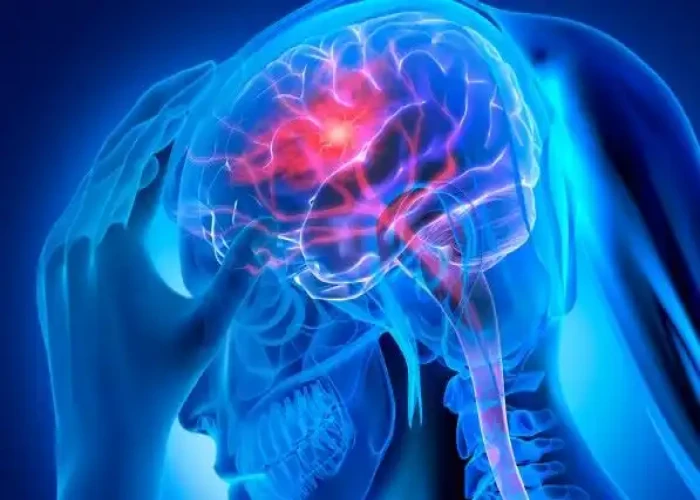 Welcome
Welcome
“May all be happy, may all be healed, may all be at peace and may no one ever suffer."
Traumatic brain injury

Traumatic brain injury (TBI) is a type of injury that occurs when a sudden impact or blow to the head causes damage to the brain. TBI can range from mild to severe, and can cause a variety of symptoms and complications depending on the severity and location of the injury.
Symptoms of TBI can include headaches, dizziness, confusion, memory loss, difficulty concentrating, changes in mood or behavior, and loss of consciousness. In more severe cases, TBI can cause seizures, coma, and even death. TBI can also increase the risk of long-term complications such as dementia, Parkinson's disease, and depression.
TBI can be caused by a variety of factors, including falls, motor vehicle accidents, sports injuries, and physical assault. Treatment for TBI typically involves stabilizing the patient, addressing any life-threatening complications, and providing supportive care to help the patient recover. In more severe cases, surgery may be necessary to remove blood clots or relieve pressure on the brain.
Long-term management of TBI may include rehabilitation to help the patient regain lost function, and medication or other treatments to manage symptoms such as pain, anxiety, or depression. Prevention strategies such as wearing helmets while cycling or playing sports, and avoiding high-risk activities such as driving under the influence of drugs or alcohol, can help reduce the risk of TBI.
Research Papers
Disease Signs and Symptoms
- Headaches
- Agitation, combativeness or other unusual behavior
- Weakness or numbness in fingers and toes
- Dilation of one or both pupils of the eyes
- Loss of consciousness from several minutes to hours
- No loss of consciousness, but a state of being dazed, confused or disoriented
- Loss of consciousness for a few seconds to a few minutes
- Seizures
- Anxiety, agitation or restlessness
- Trouble sleep (insomnia)
- Rapid mood chang
- Loss of consciousness (fainting)
- Lose balance
- Dizziness (vertigo)
- Speech problems
- Nausea or vomiting
- Coma and other disorders of consciousness
Disease Causes
Traumatic brain injury
Traumatic brain injury is usually caused by a blow or other traumatic injury to the head or body. The degree of damage can depend on several factors, including the nature of the injury and the force of impact.
Common events causing traumatic brain injury include the following:
- Falls. Falls from bed or a ladder, down stairs, in the bath, and other falls are the most common cause of traumatic brain injury overall, particularly in older adults and young children.
- Vehicle-related collisions. Collisions involving cars, motorcycles or bicycles — and pedestrians involved in such accidents — are a common cause of traumatic brain injury.
- Violence. Gunshot wounds, domestic violence, child abuse and other assaults are common causes. Shaken baby syndrome is a traumatic brain injury in infants caused by violent shaking.
- Sports injuries. Traumatic brain injuries may be caused by injuries from a number of sports, including soccer, boxing, football, baseball, lacrosse, skateboarding, hockey, and other high-impact or extreme sports. These are particularly common in youth.
- Explosive blasts and other combat injuries. Explosive blasts are a common cause of traumatic brain injury in active-duty military personnel. Although how the damage occurs isn't yet well understood, many researchers believe that the pressure wave passing through the brain significantly disrupts brain function.
- Traumatic brain injury also results from penetrating wounds, severe blows to the head with shrapnel or debris, and falls or bodily collisions with objects following a blast.
Disease Prevents
Traumatic brain injury
Follow these tips to reduce the risk of brain injury:
- Seat belts and airbags. Always wear a seat belt in a motor vehicle. A small child should always sit in the back seat of a car secured in a child safety seat or booster seat that is appropriate for his or her size and weight.
- Alcohol and drug use. Don't drive under the influence of alcohol or drugs, including prescription medications that can impair the ability to drive.
- Helmets. Wear a helmet while riding a bicycle, skateboard, motorcycle, snowmobile or all-terrain vehicle. Also wear appropriate head protection when playing baseball or contact sports, skiing, skating, snowboarding or riding a horse.
- Pay attention to your surroundings. Don't drive, walk or cross the street while using your phone, tablet or any smart device. These distractions can lead to accidents or falls.
Preventing falls
The following tips can help older adults avoid falls around the house:
- Install handrails in bathrooms
- Put a nonslip mat in the bathtub or shower
- Remove area rugs
- Install handrails on both sides of staircases
- Improve lighting in the home, especially around stairs
- Keep stairs and floors clear of clutter
- Get regular vision checkups
- Get regular exercise
Preventing head injuries in children
The following tips can help children avoid head injuries:
- Install safety gates at the top of a stairway
- Keep stairs clear of clutter
- Install window guards to prevent falls
- Put a nonslip mat in the bathtub or shower
- Use playgrounds that have shock-absorbing materials on the ground
- Make sure area rugs are secure
- Don't let children play on fire escapes or balconies
Disease Treatments
Treatment is based on the severity of the injury.
Mild injury
Mild traumatic brain injuries usually require no treatment other than rest and over-the-counter pain relievers to treat a headache. However, a person with a mild traumatic brain injury usually needs to be monitored closely at home for any persistent, worsening or new symptoms. He or she may also have follow-up doctor appointments.
The doctor will indicate when a return to work, school or recreational activities is appropriate. Relative rest — which means limiting physical or thinking (cognitive) activities that make things worse — is usually recommended for the first few days or until your doctor advises that it's OK to resume regular activities. It isn't recommended that you rest completely from mental and physical activity. Most people return to normal routines gradually.
Immediate emergency care
Emergency care for moderate to severe traumatic brain injuries focuses on making sure the person has enough oxygen and an adequate blood supply, maintaining blood pressure, and preventing any further injury to the head or neck.
People with severe injuries may also have other injuries that need to be addressed. Additional treatments in the emergency room or intensive care unit of a hospital will focus on minimizing secondary damage due to inflammation, bleeding or reduced oxygen supply to the brain.
Medications
Medications to limit secondary damage to the brain immediately after an injury may include:
- Anti-seizure drugs. People who've had a moderate to severe traumatic brain injury are at risk of having seizures during the first week after their injury.
- An anti-seizure drug may be given during the first week to avoid any additional brain damage that might be caused by a seizure. Continued anti-seizure treatments are used only if seizures occur.
- Coma-inducing drugs. Doctors sometimes use drugs to put people into temporary comas because a comatose brain needs less oxygen to function. This is especially helpful if blood vessels, compressed by increased pressure in the brain, are unable to supply brain cells with normal amounts of nutrients and oxygen.
- Diuretics. These drugs reduce the amount of fluid in tissues and increase urine output. Diuretics, given intravenously to people with traumatic brain injury, help reduce pressure inside the brain.
Surgery
Emergency surgery may be needed to minimize additional damage to brain tissues. Surgery may be used to address the following problems:
- Removing clotted blood (hematomas). Bleeding outside or within the brain can result in a collection of clotted blood (hematoma) that puts pressure on the brain and damages brain tissue.
- Repairing skull fractures. Surgery may be needed to repair severe skull fractures or to remove pieces of skull in the brain.
- Bleeding in the brain. Head injuries that cause bleeding in the brain may need surgery to stop the bleeding.
- Opening a window in the skull. Surgery may be used to relieve pressure inside the skull by draining accumulated cerebrospinal fluid or creating a window in the skull that provides more room for swollen tissues.
Rehabilitation
Most people who have had a significant brain injury will require rehabilitation. They may need to relearn basic skills, such as walking or talking. The goal is to improve their abilities to perform daily activities.
Therapy usually begins in the hospital and continues at an inpatient rehabilitation unit, a residential treatment facility or through outpatient services. The type and duration of rehabilitation is different for everyone, depending on the severity of the brain injury and what part of the brain was injured.
Rehabilitation specialists may include:
- Physiatrist, a doctor trained in physical medicine and rehabilitation, who oversees the entire rehabilitation process, manages medical rehabilitation problems and prescribes medication as needed
- Occupational therapist, who helps the person learn, relearn or improve skills to perform everyday activities
- Physical therapist, who helps with mobility and relearning movement patterns, balance and walking
- Speech and language therapist, who helps the person improve communication skills and use assistive communication devices if necessary
- Neuropsychologist, who assesses cognitive impairment and performance, helps the person manage behaviors or learn coping strategies, and provides psychotherapy as needed for emotional and psychological well-being
- Social worker or case manager, who facilitates access to service agencies, assists with care decisions and planning, and facilitates communication among various professionals, care providers and family members
- Rehabilitation nurse, who provides ongoing rehabilitation care and services and who helps with discharge planning from the hospital or rehabilitation facility
- Traumatic brain injury nurse specialist, who helps coordinate care and educates the family about the injury and recovery process
- Recreational therapist, who assists with time management and leisure activities
- Vocational counselor, who assesses the ability to return to work and appropriate vocational opportunities and who provides resources for addressing common challenges in the workplace
Disease Diagnoses
Disease Allopathic Generics
Disease Ayurvedic Generics
Disease Homeopathic Generics
Disease yoga
Traumatic brain injury and Learn More about Diseases
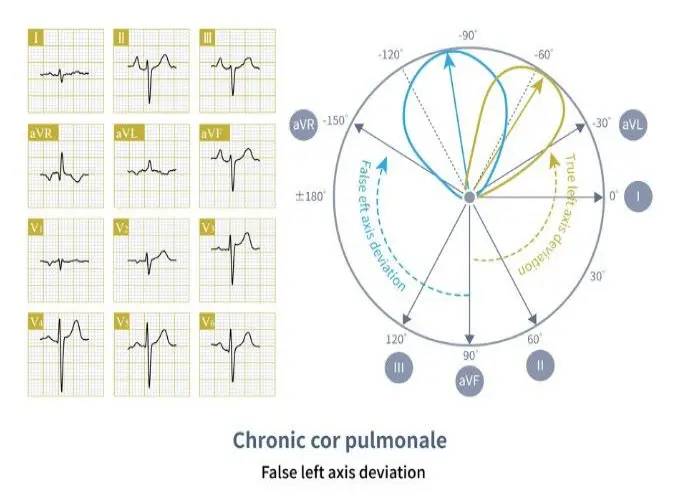
Cor Pulmonale

High cholesterol
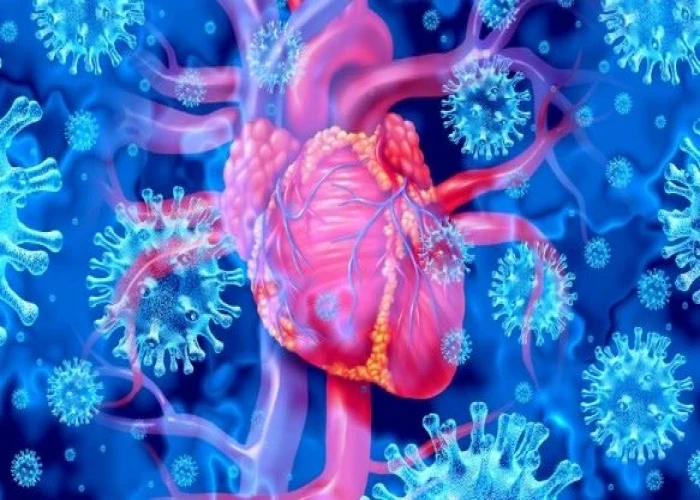
Myocarditis

Adult attention-deficit/hyperactivity disorder (ADHD)
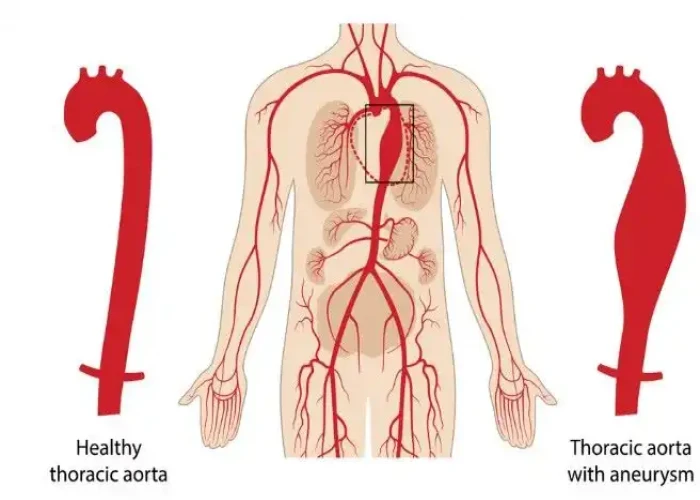
Thoracic aortic aneurysm

Seborrheic dermatitis
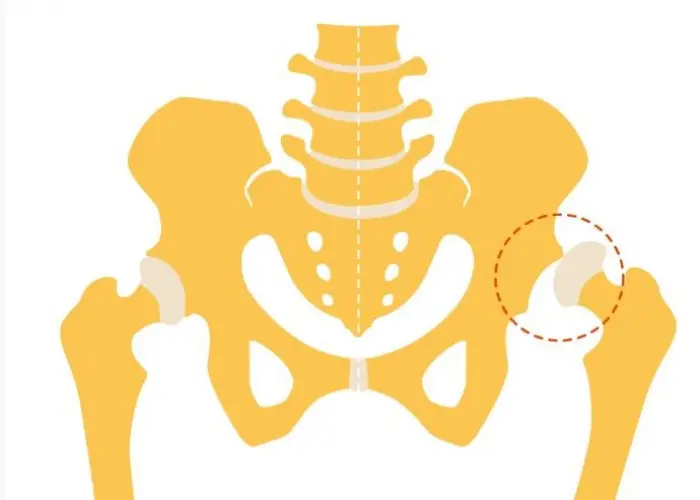
Hip dysplasia

Sleep terrors (night terrors)
traumatic brain injury, ট্রমাটিক ব্রেন ইনজুরি, ট্রামেটিক মস্তিষ্কের আঘাত
To be happy, beautiful, healthy, wealthy, hale and long-lived stay with DM3S.
